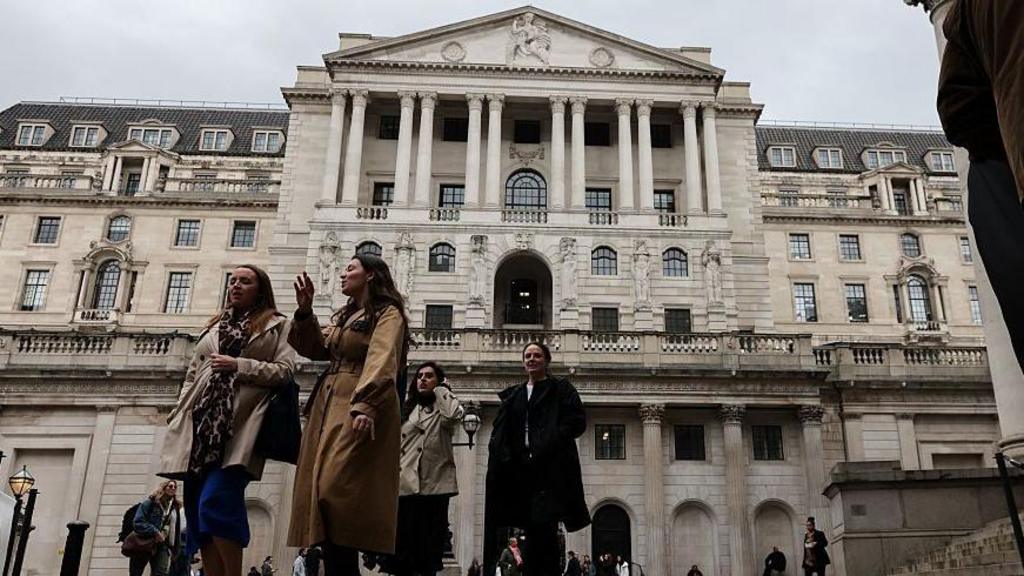While the economy exhibited initial strength this year, Wednesday brought another unwelcome surprise for market participants.
Following a slowdown in May, inflation has accelerated beyond anticipated levels. Projections suggest it will remain significantly above the Bank of England’s target until autumn.
For consumers, already burdened by years of elevated prices and a recent surge in food costs, this latest figure confirms the ongoing challenges of everyday life.
Adding to the complexity, and importantly for many, the inflation uptick complicates the Bank of England’s planned interest rate cuts.
Investors had widely anticipated a rate reduction from the current 4.25% in August.
However, a renewed sense of caution is now palpable.
Economist Andrew Sentance, a former rate setter at the Bank, has even stated that cutting interest rates next month would be “irresponsible.”
Expectations persist that the August cut and a subsequent reduction later in the year will proceed.
Nevertheless, the Bank will need to justify its decision to look beyond the current inflationary surge, focusing on the anticipated return to the 2% target next year.
This situation revives questions regarding the UK’s potential susceptibility to inflation compared to other nations, possibly due to the pass-through of rising wage and tax costs into higher prices.
The weakening labor market also plays a role in these deliberations. The latest employment data is scheduled for release on Thursday.
Should these figures confirm a continued decline in job vacancies, as expected, it would bolster the argument for proceeding with a rate cut. Bloomberg forecasts an unemployment rate of 4.9%, an increase from the 4.6% reported last month.
As always, it is crucial to maintain perspective when interpreting these figures.
While other major economies have not experienced similar inflation rebounds – the eurozone’s latest inflation rate stands at just 2% – current inflation levels remain far below the peaks witnessed during the energy crisis and are expected to decrease as energy prices decline in the autumn.
Economic growth is undeniably slowing, but the nation is not currently in a recession, and recent activity data suggests recovery in certain sectors.
Chancellor urges the financial sector to reshape the narrative around consumer investment to foster growth.
Andrew Bailey informs The Times that he believes “the path is downward” for interest rates.
Increased borrowing is not a sustainable long-term solution to address rising everyday spending pressures.
The economy contracted in May for the second consecutive month, intensifying pressure on the Chancellor.
Chancellor Rachel Reeves has postponed plans to revise ISA rules; what are they, and how do they function?

